From the early difficult days
After the success of the August Revolution, the newly established Democratic Republic of Vietnam had to face countless difficulties and challenges due to the rampant "famine", "ignorance" and foreign invaders, especially with limited resources, the central treasury had only 1,250,000 Indochinese piastres left.
In that situation, the task for the young revolutionary Finance sector was extremely heavy. To promptly resolve the difficulties, many measures were advised by the Ministry of Finance to the Party and the Government to be applied such as: "Independence Fund", "Golden Week"..., thereby mobilizing financial resources for the revolutionary government to resolve the urgent problems at that time.
20 million VND and nearly 400kg of gold were what people donated to support the government during the "Golden Week" event in 1945, enough to help the young state overcome the most difficult time.
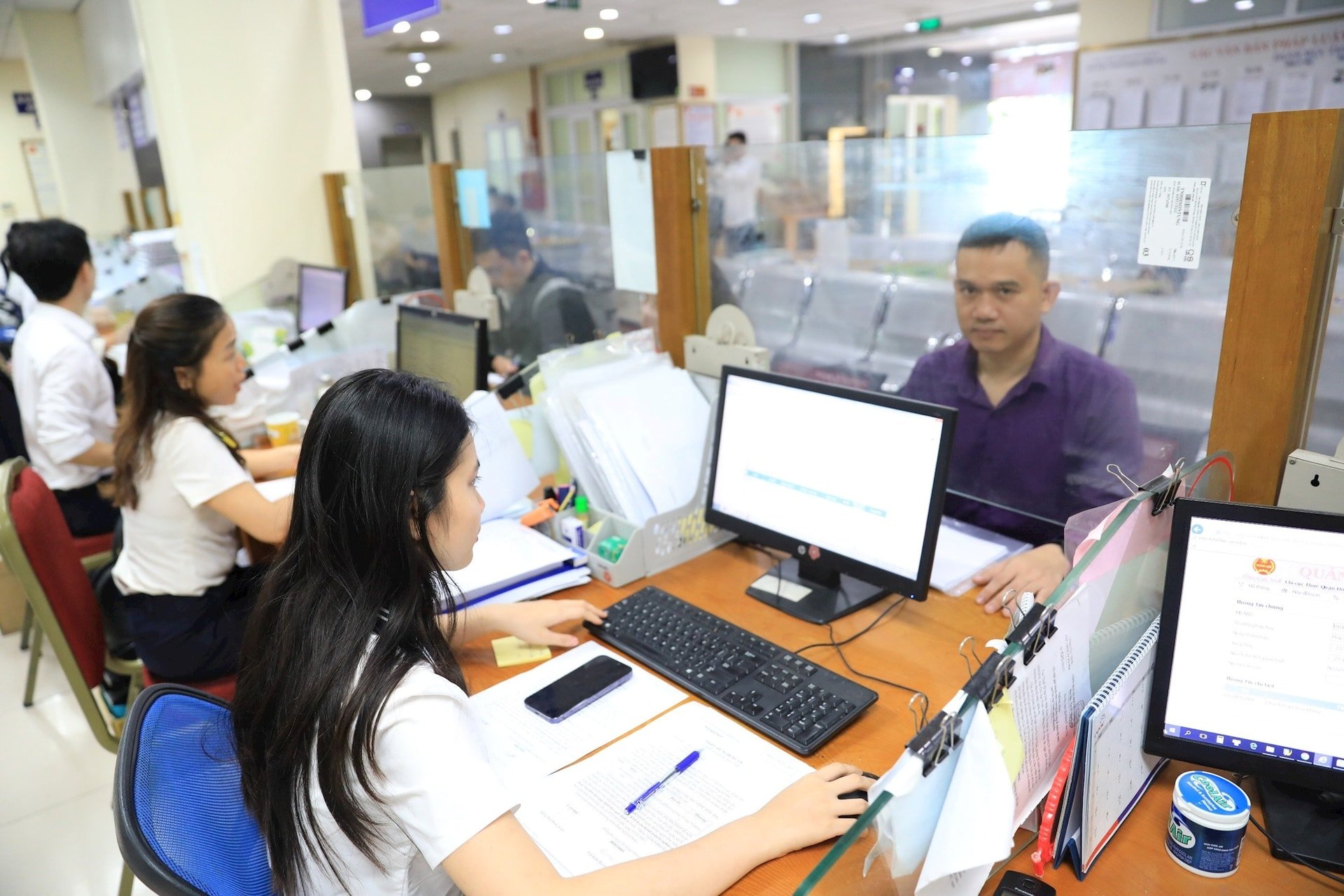
To increase financial resources for the resistance war against France, the Ministry of Finance advised the Government on policies on increasing production and issuing money to achieve financial autonomy.
Financial notes (also known as Uncle Ho notes) were printed and issued. In addition, local notes and supply coupons were issued to mobilize resources, contributing to ensuring spending needs during the nation's long resistance war against French colonialism.
Thanks to timely and correct policies and strategies, financial resources were increasingly strengthened to effectively serve the resistance war, contributing to great victories, culminating in the earth-shaking Dien Bien Phu campaign, ending the nine-year long resistance war against the French, bringing the Vietnamese Revolution to a new stage.
After the historic victory of Dien Bien Phu in 1954, the whole country entered a period of building socialism in the North and fighting to liberate the South. The Finance sector continued to encourage the spirit of patriotic emulation, concentrating all its strength on the new task of rebuilding the country after the war, being a great rear base supporting the South to continue the long-term struggle to unify the country.
Constantly growing
The year 1986 marked a great turning point of historical significance and profound epochal significance for the country. The 6th Party Congress (December 1986) opened an important turning point for the country's socio-economic development in the late 20th century and early 11th century.
During the renovation period, finance is a macro-management tool of the economy that has greatly contributed to promoting the renovation process, mobilizing and maximizing all resources for economic restructuring; building and developing socio-economic infrastructure; investing in human development, hunger eradication and poverty reduction; consolidating national security and defense; and at the same time being an effective tool to control inflation, stabilize and improve the national finance, creating solid conditions for our country to enter a new revolutionary stage.
The management of state budget revenue and expenditure is carried out proactively, actively, and flexibly, ensuring budget balance at all levels; fully and promptly meeting spending tasks on national defense, security, education and training, health care, culture, and ensuring social security.
The financial market system and financial services, insurance, accounting, auditing, and consulting are formed, effectively meeting the requirements of socio-economic development.
In particular, the stock market has grown strongly, becoming an important capital mobilization channel for the economy with market capitalization reaching over 90% of GDP by 2024, dozens of times higher than when it was first established in 2000.
A modern, professional, transparent e-finance system is being built. Financial mechanisms and policies remove barriers, deeply integrate with the international community, and effectively mobilize financial resources for development.
National financial security is maintained with deficit, public debt, and government debt levels within safe and controllable limits.
From limited resources, Vietnam has now become a country with a budget exceeding 2.1 quadrillion VND, an increase of nearly 100,000 times compared to the early period of the country's establishment, ensuring resources for development investment spending, social security and urgent tasks of the country. During the Covid-19 pandemic, the State has allocated a large budget for epidemic prevention and control and supporting people and businesses to overcome difficulties.
Solid resources and guaranteed social security are the foundation for Vietnam, after nearly 40 years of renovation, from a poor and backward country, to maintain a fairly high growth rate for a long time.
The economic scale has increased from more than 5 billion USD (in 1986) to over 476 billion USD in 2024, making Vietnam the 4th largest economy in Southeast Asia and the 34th largest economy in the world. GDP per capita has also reached 4,700 USD/year and is aiming to become a powerful and prosperous developed country.
Source: https://hanoimoi.vn/nganh-tai-chinh-phat-trien-cung-dat-nuoc-714929.html








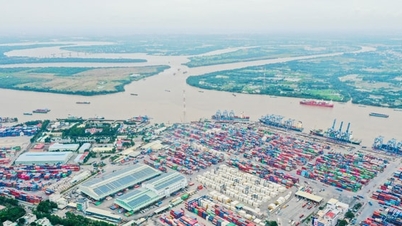


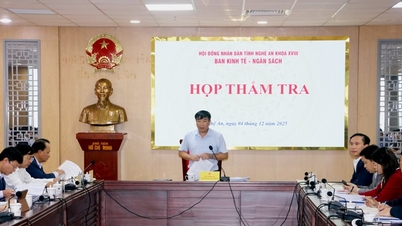



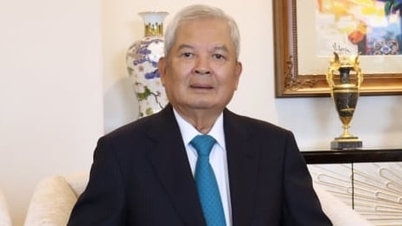

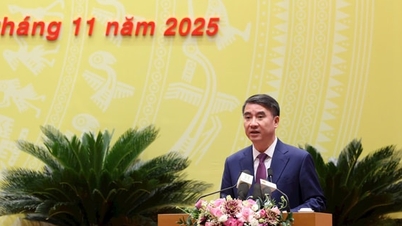























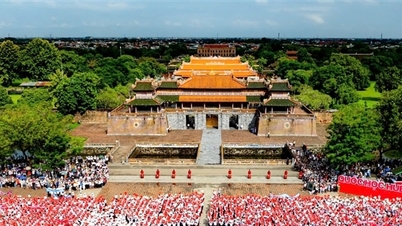

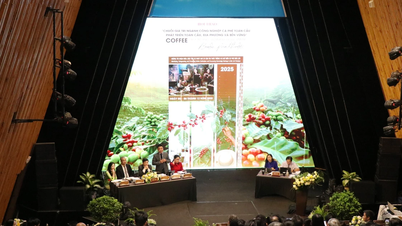













































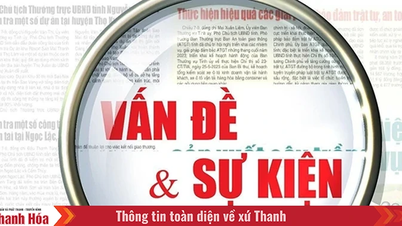

























Comment (0)